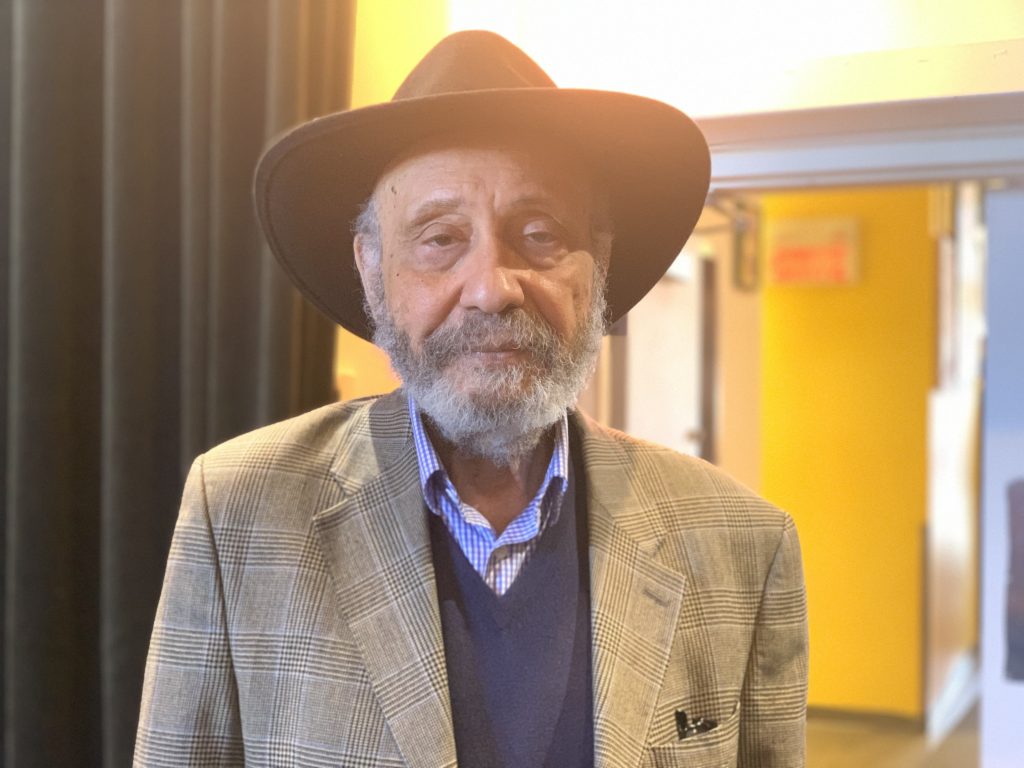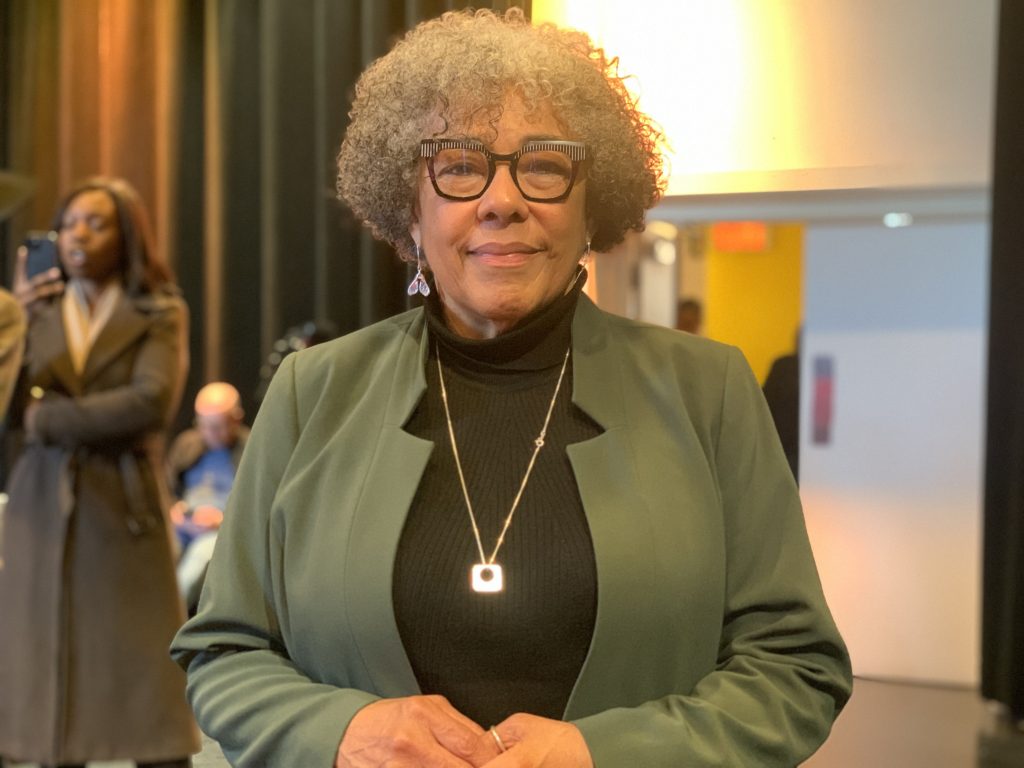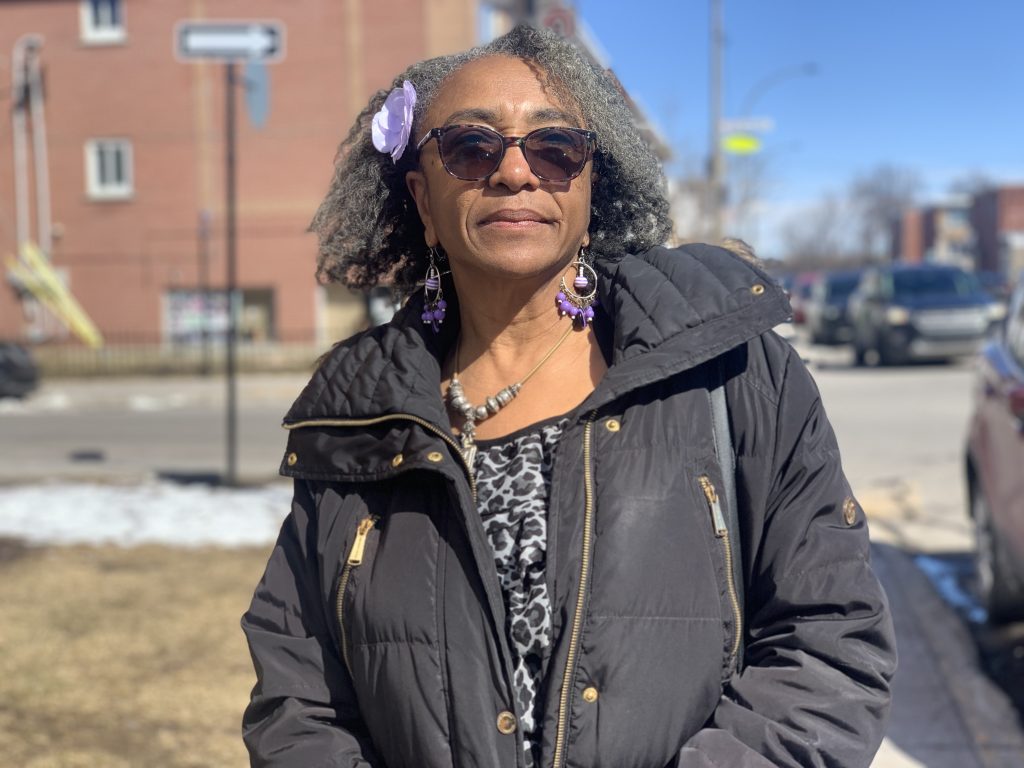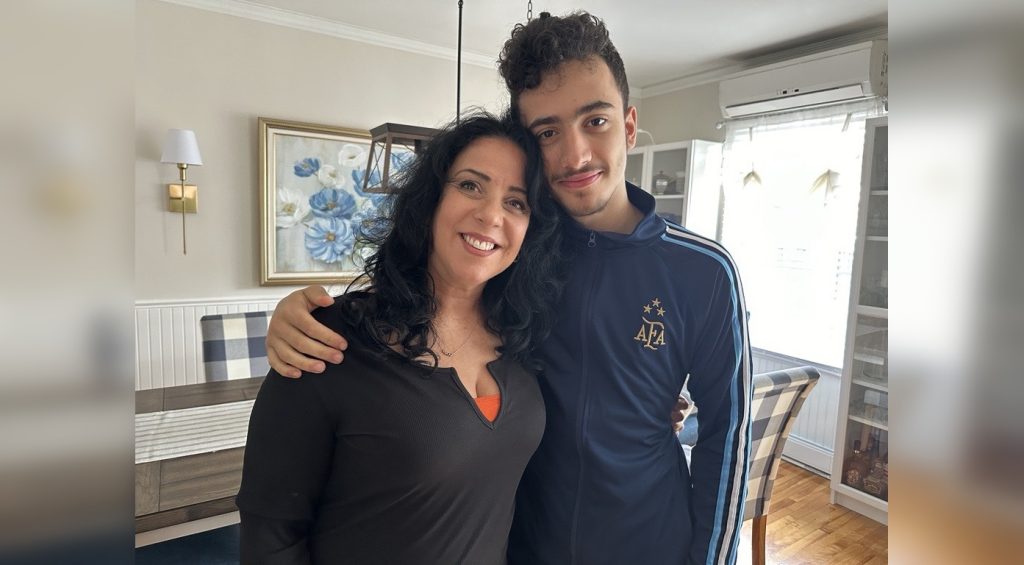Haiti needs commitment from Canada amid violence, Quebec community leader says
Posted March 12, 2024 5:30 pm.
Last Updated March 12, 2024 6:57 pm.
Prominent figures in Montreal’s Haitian community are condemning the “unimaginable violence” currently taking place in the Caribbean island nation, but warn of recurrence if foundational problems to the country’s stability are not addressed.
“Who decided for Haitians?” said Frantz Voltaire, a scholar and president of a Montreal-based knowledge-sharing centre for Black people from Haiti and the Caribbean (CIDIHCA).

According to Voltaire, Haiti has a long history of decisions being imposed by foreign governments, such as France and the United States.
“Only Haitians can solve their own problems,” he said.
Voltaire believes Canada can act as an “honest broker” between Haiti and other nations.
“Another catastrophe is in store if we don’t change our policies,” he said. “We need a commitment from Canada and Quebec to help the people really get through this stage, which is going to be long and require a lot of energy and a lot of support to get through it.”
Voltaire thinks the initial steps include institutional reforms to the justice system and the electoral process. He doesn’t believe change will happen overnight, suggesting it could take 50 years.
Violence rages
The capital city of Port-au-Prince has been under siege by gangs since last week. The main international airports have been shut down since March 7 and 4,000 prisoners have been released from two of the country’s biggest prisons. Haitians are facing gun violence, a critical shortage in drinking water, medicines, food and the threat of epidemics.
After being silent in the wake of his country’s distress, Prime Minister Ariel Henry’s resignation late on Monday came as no surprise.

“We were waiting for the moment he was going to do it,” said Marjorie Villefranche, executive director of La Maison d’Haiti. “It’s a small step, a small light of hope, but nothing else because nothing has changed and the bandits continue to cause distress to the population with their violence.”
Leaning on a history of strength
More than 50 per cent of the 11.6 million Haitian population is under the age of 25.
The solution to these multifaceted issues is to chip away at the feeling of “instability” for the country’s young population and leaning on “hope,” according to Chantal Isme, vice-president of the board of directors of La Maison d’Haiti.

For Isme, knowing that Haiti was able to liberate itself from a long history of slavery is a testament to the strength of its people.
“Slavery was there for 300 years and we conquered,” Isme said. “It’s (a recent development) and I think that Haiti will be what it was in the future. I might not see it, but I think it will happen.
“We have the history, the strength, the philosophical aspect of it and I think we just need to believe in ourselves and take the time to… find our own way.”






